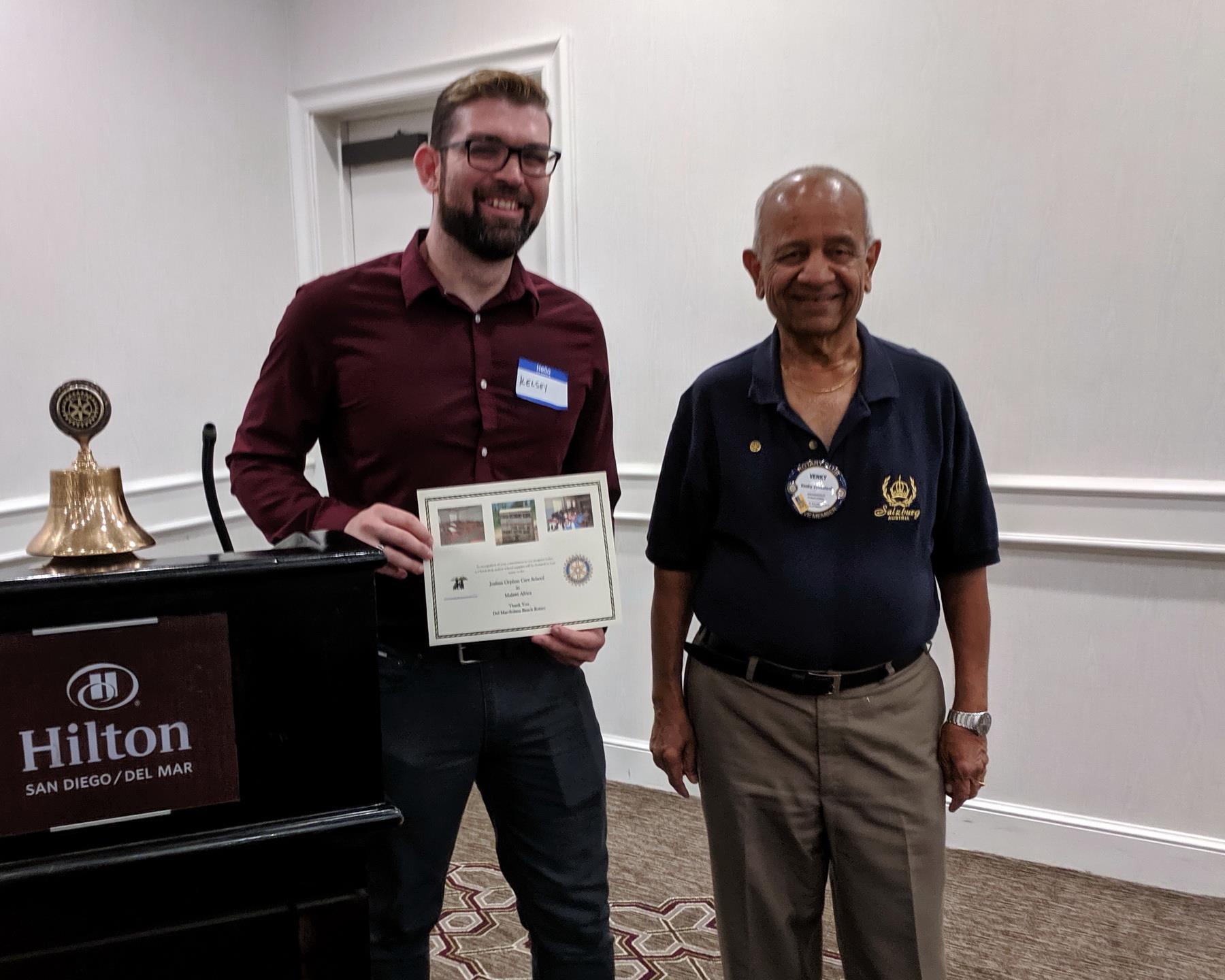Kelsey Martinez, Outreach Coordinator for the Interfaith Shelter Network, spoke to us about their emphasis on helping situationally homeless families. As compared to chronically homeless families, the situationally homeless have only recently become homeless and, with some help, can be expected to move out of homelessness in less than a year.
The Interfaith Shelter Network involves over 120 congregations of all denominations county-wide in a Rotational Shelter program. About 70 of the congregations host the program in their facilities for two or four weeks a year and the remainder serve in a valuable support role.
The homeless are sheltered where there are no shelters and receive the understanding and support of congregations when, previously, all they knew was fear and uncertainty. Congregations benefit by getting to know homeless individuals personally. The mutual sharing of stories is beneficial to both.
Case management is the key to success for our guests, and they are only sent to congregations in the Network after being screened by an area social service agency to assure there will be no active drug, alcohol or mental health problems.
This is a practical, manageable way to serve others. Congregations usually host the program for two weeks once a year. Normally, only 12 guests at a time stay in the congregation facilities. At the end of two weeks, the whole operation — cots and guests — rotates to another area congregation. Guests can stay up to eight weeks in the Network. The average stay is just under six (6) weeks.

In the end, DMSB Club President Venky Venkatesh presented the speaker with the Joshua certificate that represents our club DMSB donating school supplies to schools in Malawi in the name of the speaker.
============
